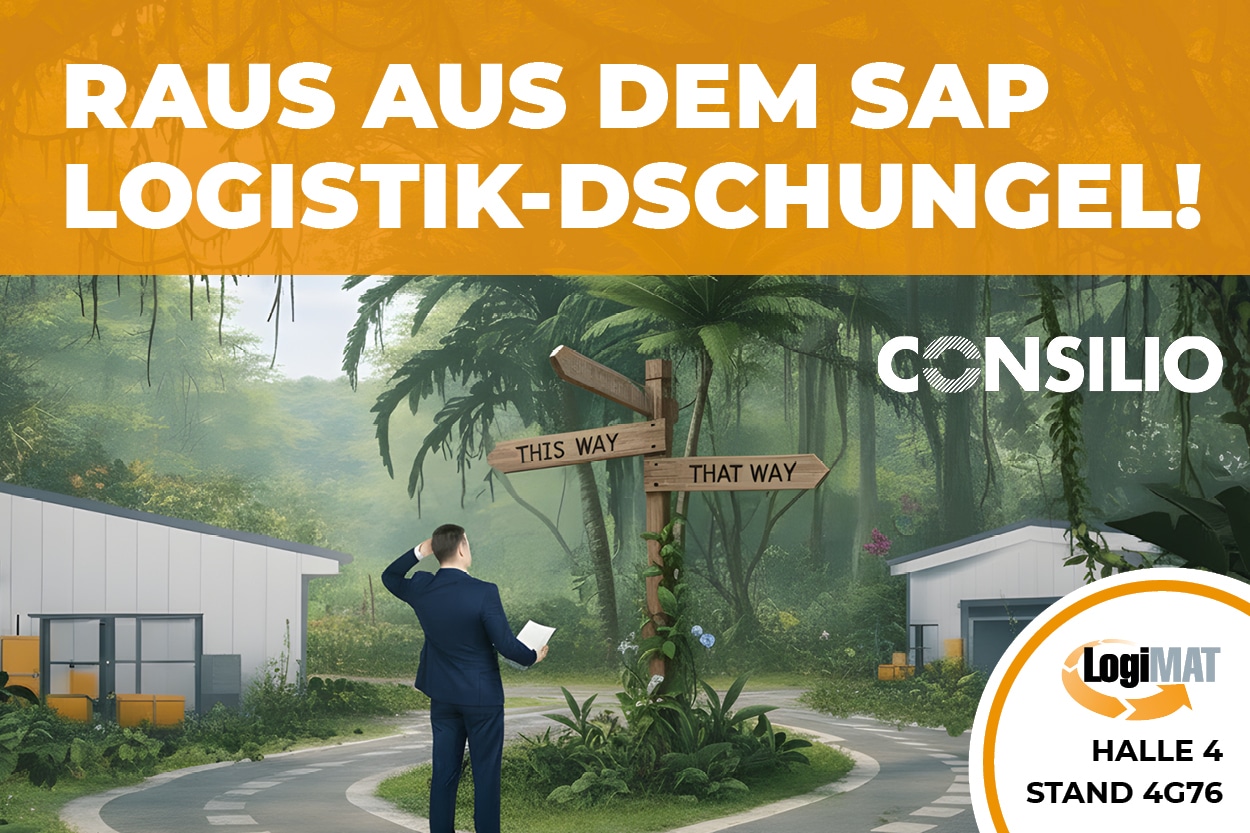The pressure to adapt in the automotive industry is already enormous. And it will continue to increase, with corresponding negative effects on growth, employment and prosperity. If we want to continue to shape the mobility of the future in Europe and keep automotive value creation in the EU, we urgently need courageous market economy reforms at all levels. Increasing the attractiveness of the location and competitiveness must therefore be at the top of the agenda in Brussels and Berlin.
The result of the European elections, in particular the high popularity of far-right and right-wing populist parties, is a worrying signal. What’s more, it is a wake-up call for politicians in Brussels and Berlin. What does this mean? Firstly, the European institutions and national governments must work with all their strength and determination to preserve and further develop the European idea. Becouse united, unified and capable Europe offers enourmous opportunities, especially for the automotive SMI sector.
However, it is also clear that new priorities must be set, opportunities rethought and reforms boldly tackled. After all, growth, prosperity and social stability will only be possible in the future if companies remain efficient both nationally and internationally. In other words, if they can compete freely and fairly on open markets. We have a vital interest in this, especially in the industrial and export state of Saarland, which is after all the third largest automotive supplier center in Germany. And only if the EU manages to keep its promise of prosperity will it be able to continue to keep its promise of freedom and peace. This is the fundamental prerequisite for the European idea, the European institutions and the decisions taken at European level to be accepted by citizens and companies. Therefore, from the point of view of the business community, the focus must now be on improving the competitiveness of companies and strengthening Europe’s position vis-à-vis China, but also vis-à-vis the USA.
After all, the European automotive industry employs a good 2.4 million people. A total of 13 million jobs depend on the automotive sector, which therefore makes a significant contribution to growth, prosperity and employment throughout Europe. The companies in this sector contributed almost one trillion euros to Europe’s gross domestic product in 2022. However, the pressure to adapt is high and continues to rise. The main drivers are new competitors and technologies, but also excessive regulation and huge cost pressure. So if we want the mobility of the future to continue to be significantly shaped in Europe and automotive value creation to be retained in the EU and new ones created (keyword: European battery industry!), bold reforms are urgently needed at all levels. Increasing the attractiveness of the location and competitiveness as the basis for more innovation, growth, employment and prosperity must therefore be at the top of the agenda in both Brussels and Berlin.
Germany in particular needs a powerful and courageous new start in all areas of economic policy – a turning point in economic and location policy. This is because the weakness in growth, which is structural in nature, has now reached worrying proportions. With a meagre 0.3 percent growth in gross domestic product forecast for this year and long-term potential growth of just 0.5 percent, we are at the bottom of the OECD countries. What is particularly worrying is that private investment is too weak to provide the necessary tailwind. In view of the politically induced uncertainty, investment projects are being postponed or implemented abroad. The capital stock is eroding. As a result, Germany is falling further and further behind China and the USA.
This is all the more serious given that enormous investment, higher volumes of work and higher productivity are required to overcome the huge structural and transformational challenges of our time, such as decarbonization, demographics and digitalization. The priority task of politics must therefore be to initiate a fundamental change of course towards a growth-oriented economic policy. This requires a paradigm shift: away from state, often ideology-based micromanagement and towards more entrepreneurial freedom. The motto of the hour must be: Give priority to innovation and investment by reducing taxes, levies and bureaucracy. The growth package recently presented by the German government, which aims to trigger more private investment through improved tax depreciation, boost the ramp-up of e-mobility through special depreciation for commercially used e-cars, promote overtime through tax exemption for overtime and streamline data protection, is an important step in the right direction. But that is not nearly enough. However, for the announced “growth turbo” to actually ignite and for companies to master the task of the century – the transformation towards climate neutrality – we need an Agenda 2030 with comprehensive market-based reforms instead of the continuation of small-scale reforms. The claim should be: Germany must return to pole position as a location for innovation, technology and industry. As the Saarland Chamber of Industry and Commerce and the autoregion association, we are doing everything we can to achieve this in our dealings with politicians.
To ensure that the EU and Germany in particular remain an attractive location for companies in general and the automotive industry in particular, comprehensive market economy reforms must be introduced quickly. In other words, reforms that encourage innovation and investment. These include Reducing the density of regulation, speeding up planning and approval procedures, competitive energy prices, reducing the tax and duty burden to the OECD average, a modern and efficient electricity grid, more openness to technology and free trade. The introduction of punitive tariffs on e-cars from China may seem necessary at first glance, but it only increases the risks of a global trade war. However, they do nothing to strengthen the European automotive industry in the long term. In addition to open markets, we also need new raw material agreements, a coherent rather than erratic subsidy policy and the expansion of a nationwide, high-performance charging and H2 refueling infrastructure. After all, the total demand for public charging capacity in Germany alone will be around 32 gigawatts in 2030, which is roughly equivalent to the output of 7,000 modern wind turbines or 25 large power plants.
I am convinced of this: With our powerful industrial and research network, excellent specialists, engineers and IT experts, a strong spirit of innovation and invention, sufficient capital and our broad-based industrial SME sector, we have the best starting conditions. Let’s tackle it! IHK and autoregion e. V. will continue to stand firmly by your side – with information and consulting services, topic-specific event formats, numerous networking opportunities and a close connection to politics.
Author: Dr. Carsten Meier, Managing Director of IHK Saarland and member of the board of autoregion e. V.






